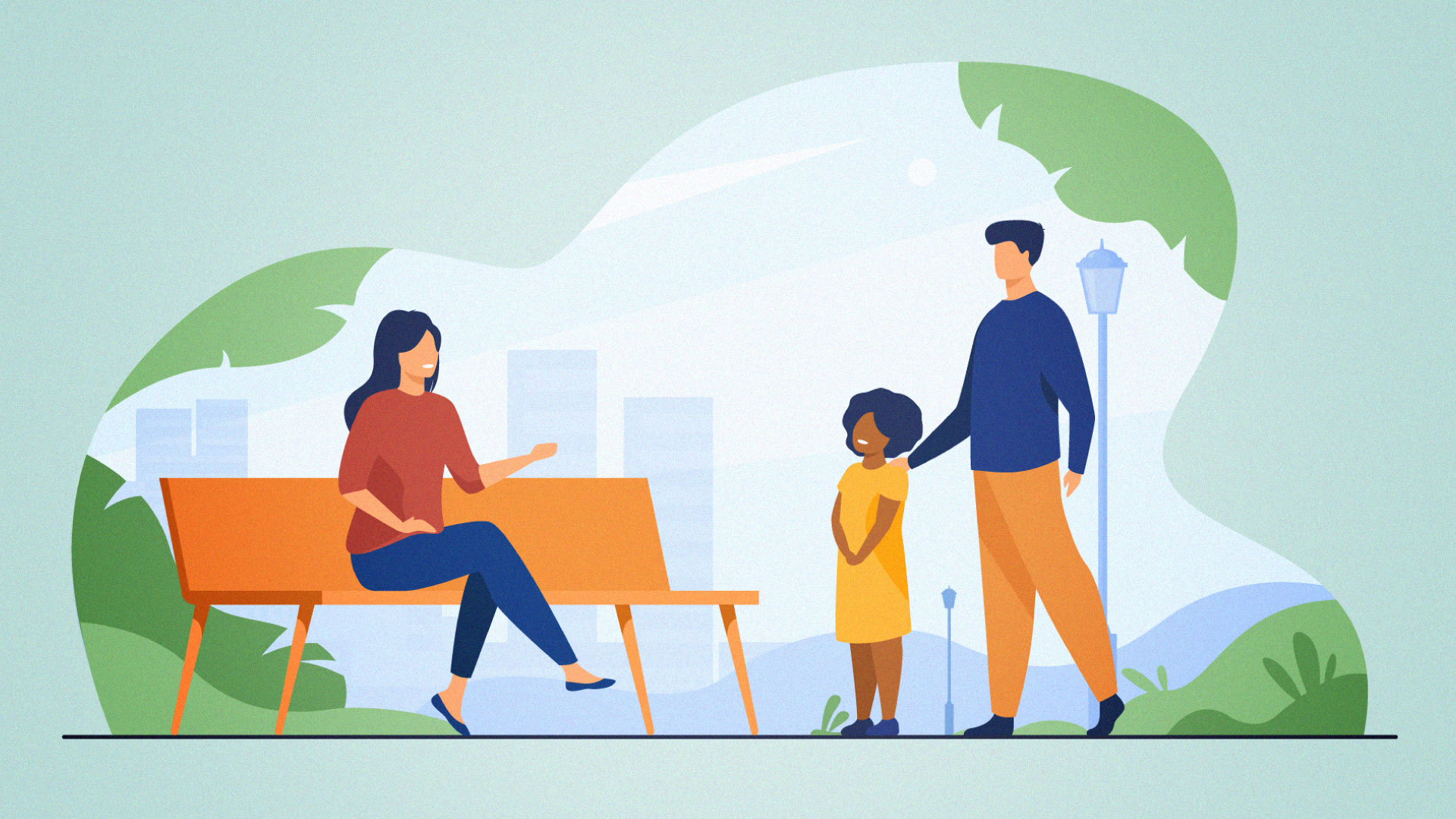How to talk to your children about COVID and other Big Scary Things

In fearful, uncertain times, how can you help your children cope and understand?
In fearful, uncertain times, how can you help your children cope and understand?
Bad things happen. And in 2021, they’re happening with frightening regularity.
Natural calamities, social and political unrest, a global pandemic that is upending our lives and changing the way we live, work, and learn.
How do you even start to talk to kids about traumatic events – whether they’re minor, major, personal, or societal – in a way that helps them make sense of the world?
Anthony Hawthorn, a social worker with many years of experience in family and trauma counselling in the Western Cape, recommends speaking to children in age-appropriate language they can understand.
“If you’re talking to children aged, say, six to nine years old, there are a couple of things you need to consider,” he says.
One is their brain function, which he describes as ‘concrete and operational’. “If you tell a child that the chair they’re sitting on is red, the child will go, ‘Okay, the chair is red,’” says Hawthorn.
The other thing is at this age, children believe they are omnipotent, that they have the power to bring things into being. Which means you have to be careful.
“A young child will think that the reason the world is broken is that they did something wrong. They really do believe they have that power.”
Hawthorn explains how this could play out. “A child might say something silly like, ‘You know, I don’t like people from Joburg.’
Then the next day, they could see something on television and 10 people are killed in riots in the city. “In that child’s mind they’re going, ‘Oh no, I killed those people!’”
In that sense, teens are easier to talk to, because they can think in abstract ways.
“The adolescent isn’t stuck in that concrete, operational thought pattern,” says Hawthorn. “Your adolescent will go, ‘Well, people died, but they were also being violent, and if you’re violent and you die, then that’s not my fault.’”
When you talk to young children about a traumatic event, Hawthorn suggests pre-empting the above kind of thinking.
“When I talk to children whose parents are getting divorced, the first words out of my mouth will be, ‘Your mom and dad are separated, and it’s because they can’t agree. But what they do agree upon is that they both love you, and this is not your fault. You did nothing wrong.”
He suggests a similar approach to explaining a Covid-19 infection to a young child.
Start with the facts, he advises. “Daddy is sick, and we don’t know what’s going to happen.”
Sometimes, well-meaning people will want to give false hope, but if you tell a child, “Daddy is going to be okay”, in their mind it’s a done deal.
“And when something bad does happen, the child experiences a very core emotion, which is betrayal,” adds Hawthorn.
The second step is to reassure the child that, while you might not know what will happen next, the child will be okay.
“You always want to reassure a child that they are safe,” says Hawthorn. “At that age, it’s about survival. They’re not thinking, ‘Will mommy and daddy recover from COVID?’. They’re thinking, ‘If mommy and daddy are not here, where will I live? Am I going to starve to death?’”
Yes, young kids tend to be more self-centred. And their minds really do race to those kinds of conclusions.
The good news, according to a 2019 study at the UK’s University of East Anglia, is that most children recover well after a traumatic event.
Open, honest, and age-appropriate conversations could go a long way to helping children understand what’s happening, why they’re reacting the way they are, and how they can find long-term healing after trauma.
Events like COVID-19 impact everybody, in different ways. Even if your child hasn’t been directly affected, through an illness in the family or wider friend group, these are still scary times.
Infection – or, worse, death – of a distant relative, a schoolmate’s family member, or even a friend of a friend could have a significant impact on your child’s mental health.
After all, trauma can be individualised or personalised. Either way, we need to talk about it.




